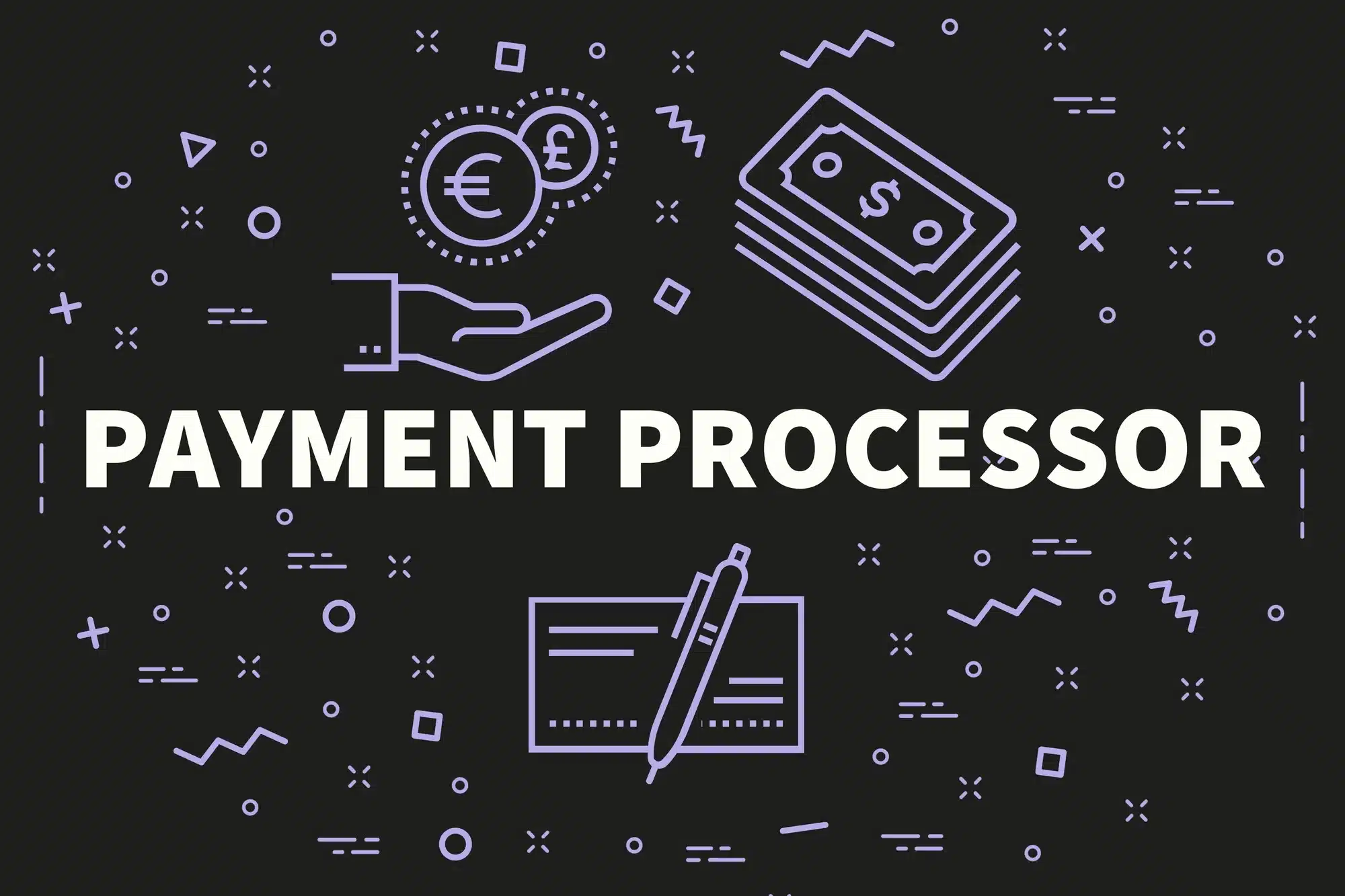Did you know that using the right payment methods can increase profits? It can also help you convert sales with ease, which is a huge bonus. But how do you know which payment processors are right for your business?
Don’t worry, we’re here to help. Whether you run an eCommerce store, are involved in mobile or web payments, or need something for POS transactions, we’ve got you covered. Keep reading for a look at the top payment processor picks for your business.
Evaluate Your Business’s Needs
There are a lot of different payment processors out there, so how do you know which one is right for your business? The first step is to evaluate your business’s needs.
What are you looking for in a payment processor? Do you need something that can handle a high volume of transactions? Are you looking for features like invoicing or recurring payments?
Once you know what you need, you can start doing some research on which payment processors offer the best solution for your business.
Reviews and Recommendations
If you’re like most businesses, you want to choose a payment processor that is reliable, has good customer service, and is affordable. To find the right one for your business, it’s important to read reviews and recommendations from other businesses.
There are many review websites that can give you an idea of what different payment processors are like. It’s also a good idea to ask other businesses in your industry which processors they use and why.
Once you’ve narrowed down your options, it’s important to compare pricing and fees.
The payment processor you choose should be able to meet your business’s needs. Make sure to read reviews and compare pricing before making a final decision.
Considering Your Business Structure
As a business owner, you have many choices to make when it comes to payment processors. The right payment processor for your business depends on many factors, including your business structure.
If you are a sole proprietor, for example, you may have different payment processing needs than a large corporation. Here are a few things to consider when choosing a payment processor for your business:
Your Business Model
Do you sell products or services online, in person, or both?
Your Sales Volume
How many transactions do you process per month?
Your Average Transaction Amount
How much do your customers typically spend per transaction?
Your Payment Methods
Do you accept credit cards, debit cards, ACH payments, or all of the above?
Your Security Needs
What level of security do you need to protect your customers’ data?
Your Customer Service Needs
How important is it to you to have 24/7 customer support?
Taking all of these factors into consideration will help you choose the right payment processor for your business.
Chargebacks and Fees
Not all processors are created equal, and each has its own unique set of features and fees.
One thing to keep in mind is chargebacks. A chargeback is when a customer disputes a charge on their credit card. If this happens, the processor will charge a fee to the merchant. This fee can be a flat fee or a percentage of the transaction.
Another consideration is fees. Most processors charge a per-transaction fee, and some also charge a monthly or annual fee. Be sure to compare fees before choosing a processor.
When it comes to choosing a payment processor, be sure to consider your business needs. Compare features and fees to find the right fit for your business.
Geolocation and Currencies
There are a few things to consider when choosing the right EBT processing equipment for your business, such as geolocation and currencies.
Geolocation is the process of identifying the physical location of a user or device. This is important to consider because you want to make sure your payment processor can accept payments from users in different locations.
Currencies are also an important factor to consider because you want to make sure your payment processor can accept the currency of your choice.
Security and Compliance
When you are looking for a payment processor for your business, it is important to consider security and compliance. There are a few key things to look for when you are evaluating payment processors.
First, you want to make sure that the processor uses industry-standard security protocols. This includes things like encryption and tokenization.
Second, you want to make sure that the processor is PCI compliant. This is a set of standards that all businesses that process credit cards must follow.
Finally, you want to make sure that the processor is compliant with the GDPR. This is a set of regulations that businesses must follow if they process the personal data of European citizens.
Consider Ease of Use
Ease of use is one of the most important factors. You want a system that is simple to set up and easy for your customers to use. You also want to make sure that the payment processor you choose can handle the volume of transactions you expect to process.
Choosing the Right Payment Processors Today
In order to choose the right payment processors for your business, you need to know how you will be using them.
Will you be using them for online transactions, in-person transactions, or both? You also need to consider what type of payments you will be accepting.
Credit cards, debit cards, and ACH payments all have different processing requirements. Once you know your requirements, you can start comparing processors to find the best fit for your business.
If you enjoy reading this article, check out our post for more!





